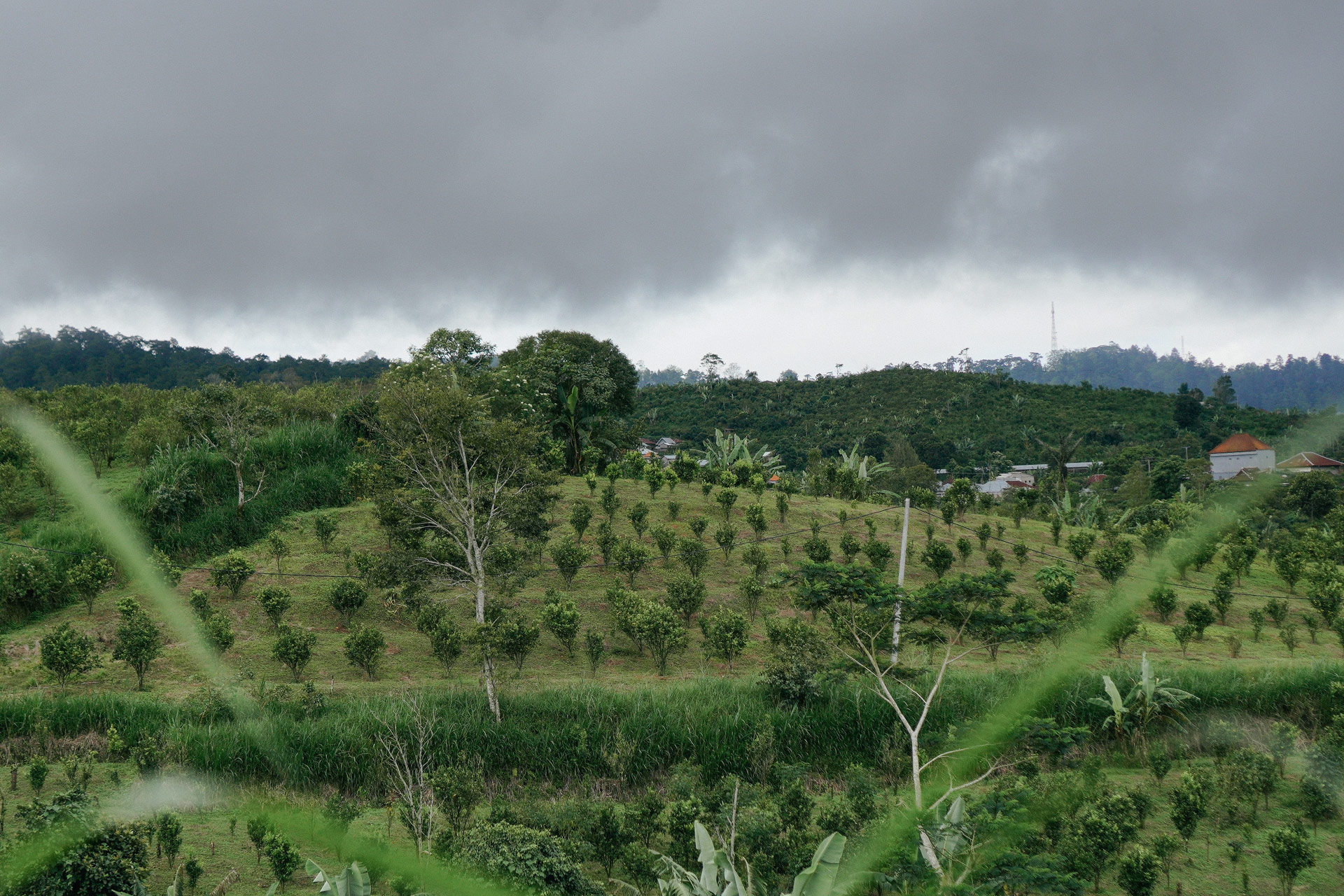| Project Goals | Protect the Ayung Watershed by implementing regenerative agroforestry with local farmers and empowering multi-stakeholder organizations for effective water resource management. |
| Location | Indonesia, Bali DAS Ayung, with regenerative agroforestry pilot activities conducted in Sukawana village (12,55 Ha) and Awan village (23,76Ha) |
| Challenges and Context | Bali’s water crisis is driven by severe groundwater depletion, inefficient water management, and a lack of conservation efforts, leading to significant socio-economic challenges and reputational risk. The over-extraction of groundwater, coupled with monoculture farming, reduced vegetation coverage, and poor coordination among water users, threatens water security, increases soil erosion, and hinders groundwater replenishment. |
| Commodities | Main vegetations: orange and coffee Other vegetations: chili, pineapple, albisia, onion, sengon |
| Project Status and Duration | Status: On-going Duration: 2 years |
Regenerative Agroforestry Implementation in DAS Ayung
Bali’s water crisis, caused by excess groundwater uptake, excessive surface water use, reduced soil infiltration, and water contamination, stems from inadequate conservation efforts. To address these issues, pilot regenerative agroforestry activities are being conducted in the DAS Ayung watershed area as well as to support watershed sustainability, increase water-absorbing green land cover and improve community welfare.
Scheme of Pilot Activities/Intervention

Documentation of Activities
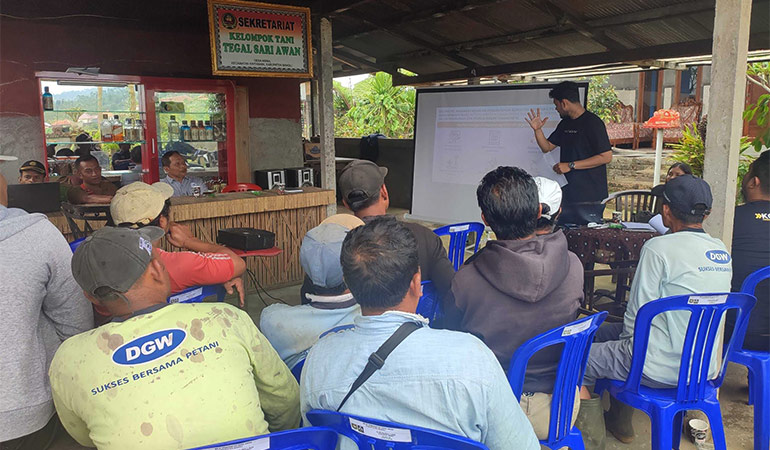
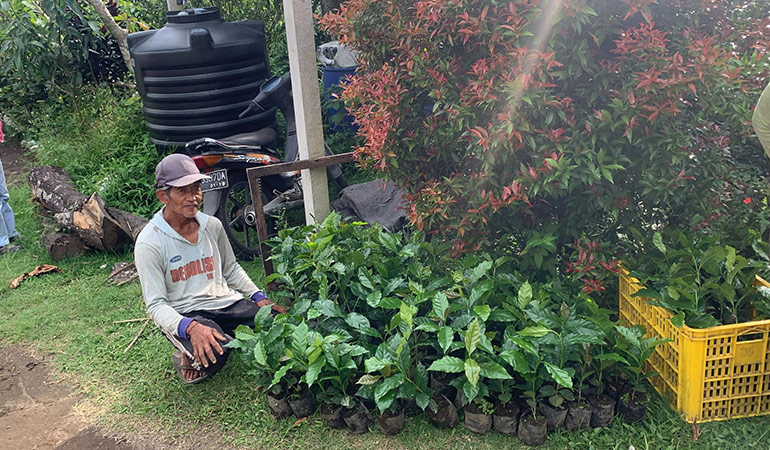
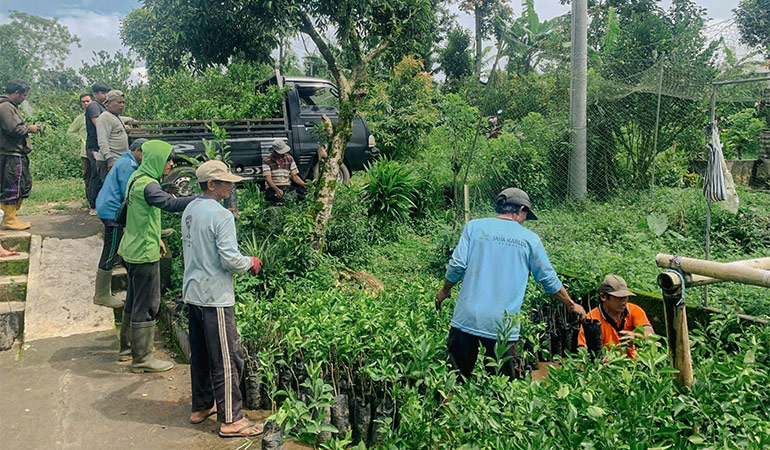
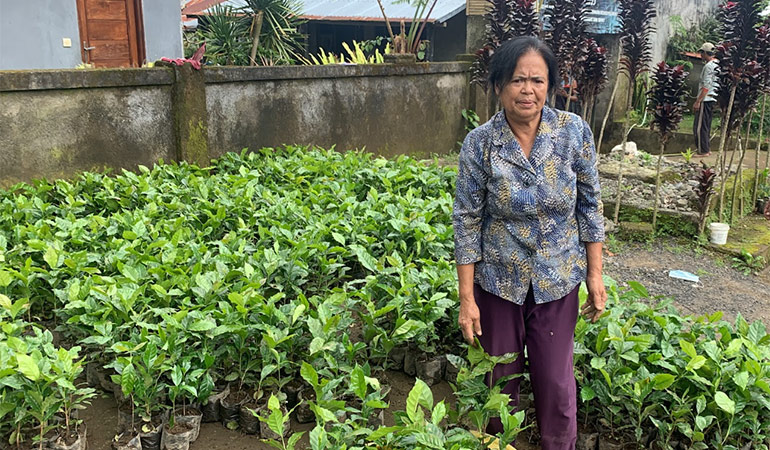
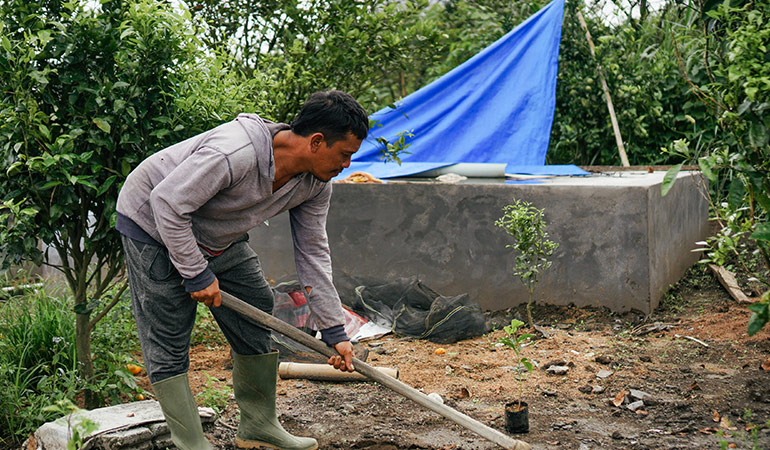
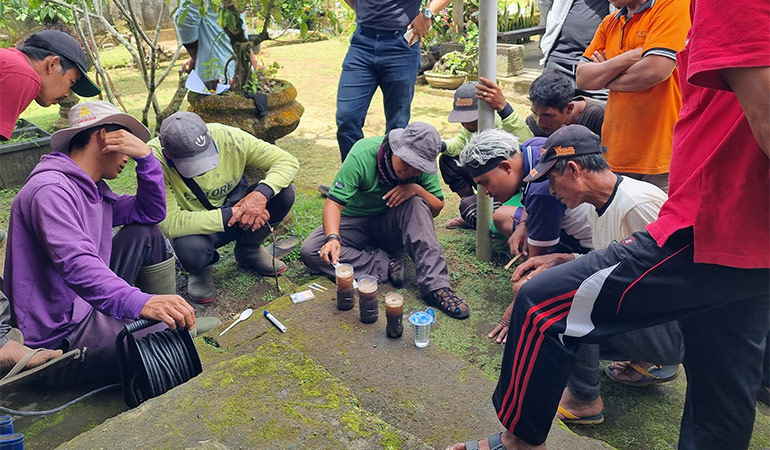
Implemented Principles of Regenerative Agroforestry in This Project

Expected Impact of Regenerative Agroforestry Implementation in DAS Ayung


